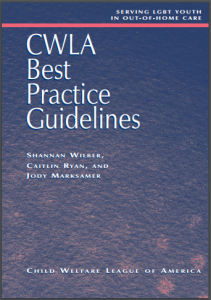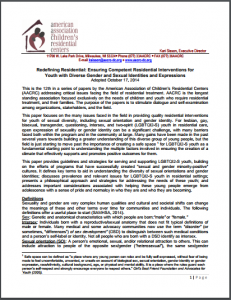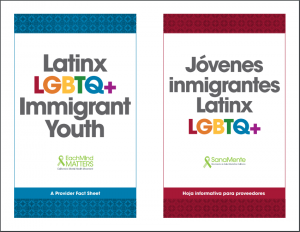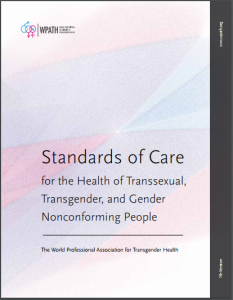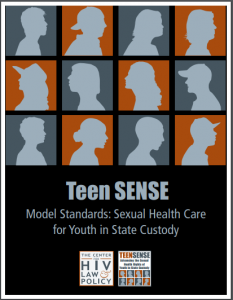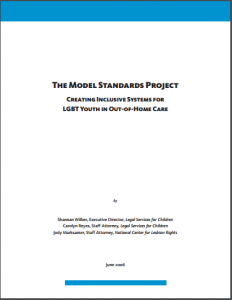This easy-to-use resource contains the first-ever set of comprehensive professional guidelines for how child welfare and juvenile justice professionals can best serve LGBT youth in state care. The Best Practice Guidelines for Serving LGBT Youth in Out of Home Care developed out of recommendations from the Model Standards Project, a collaboration between Legal Services for Children and the National Center for Lesbian Rights.
Child Welfare League of America (2006)



